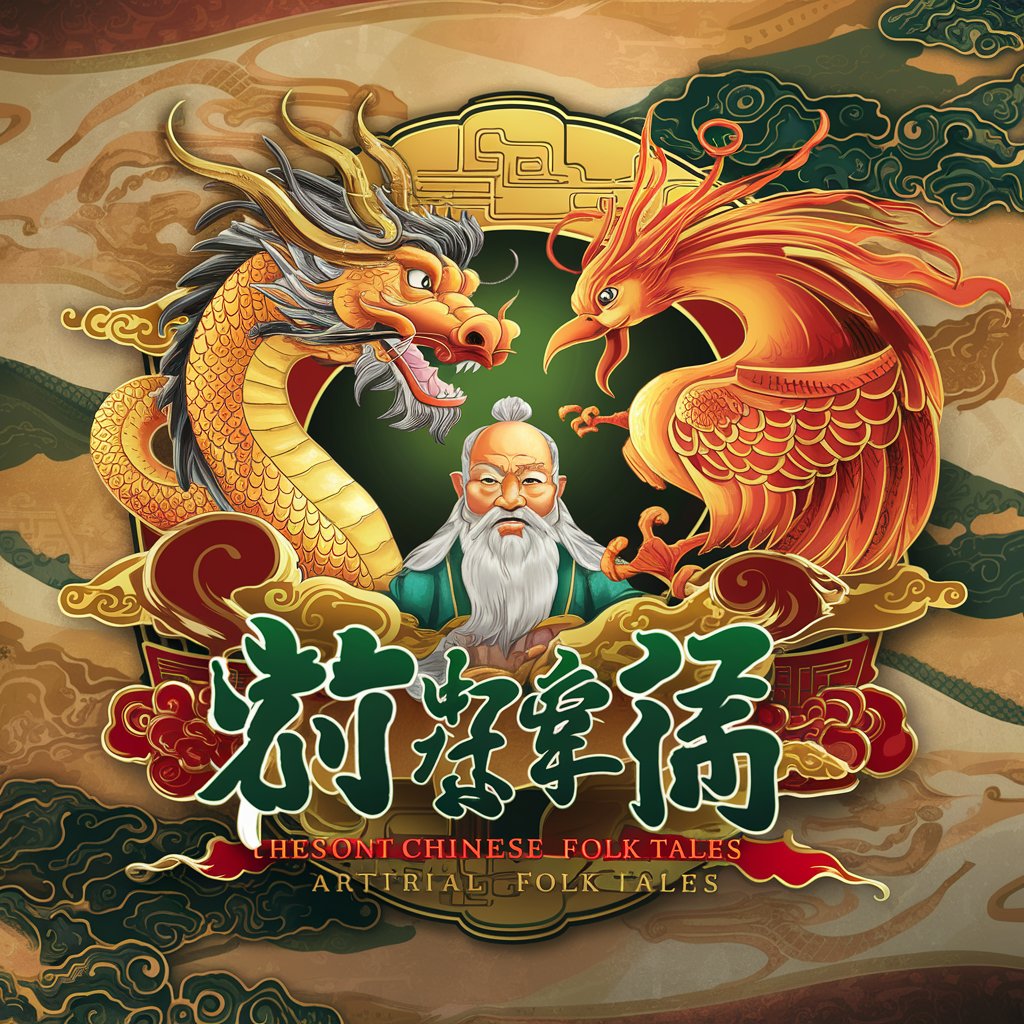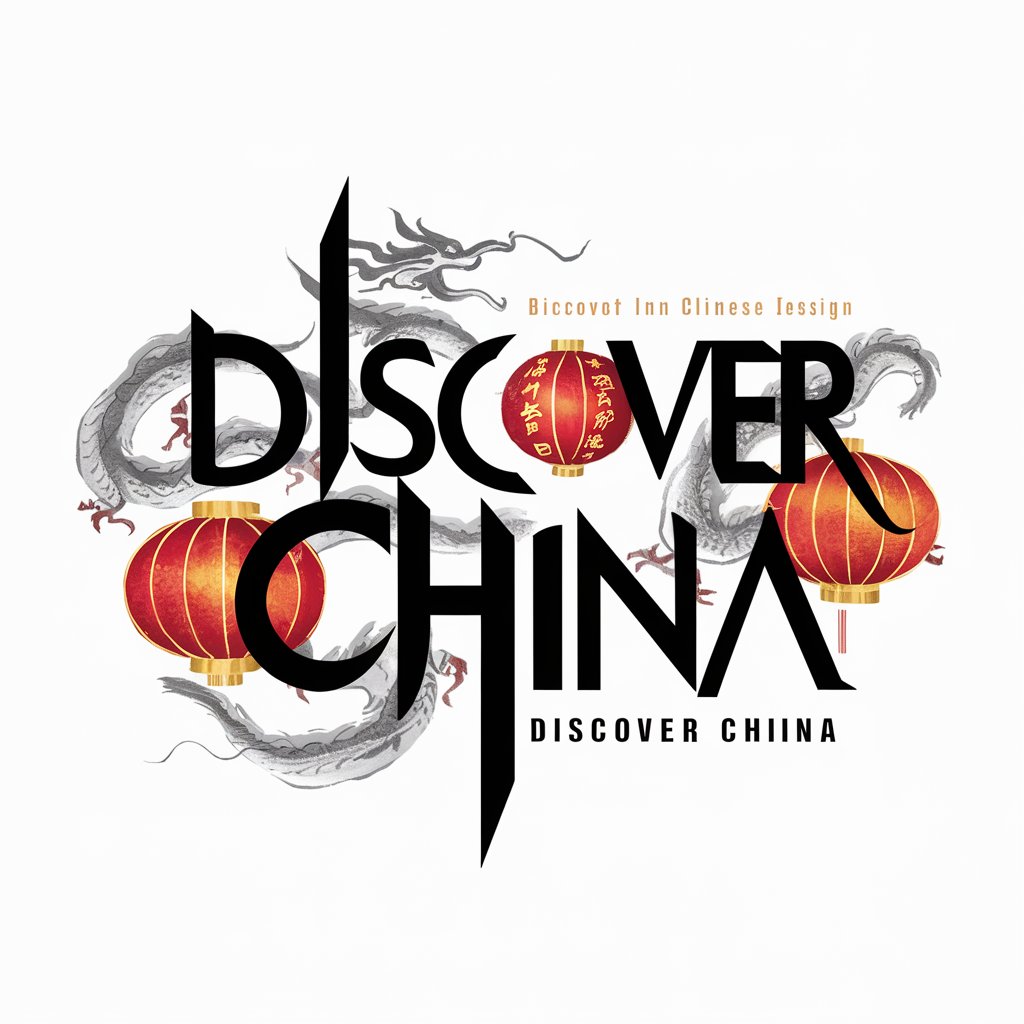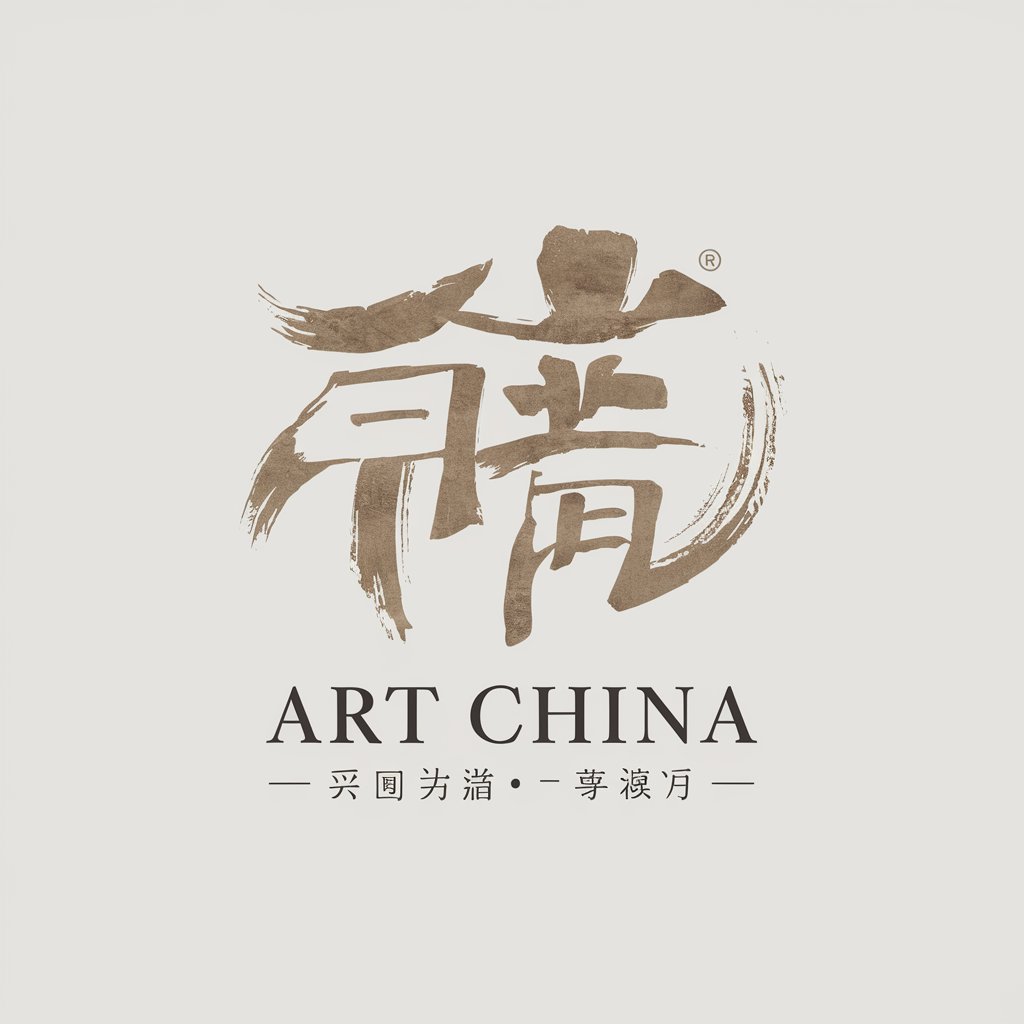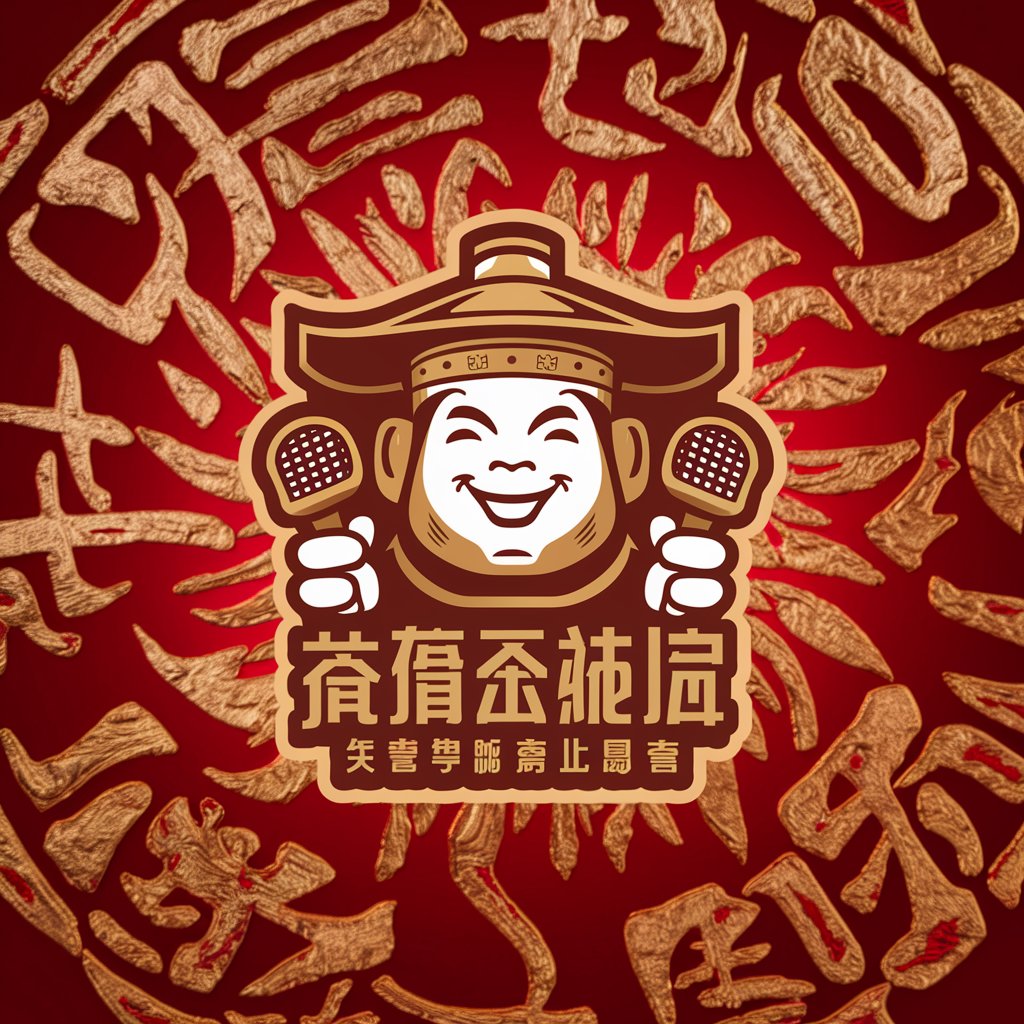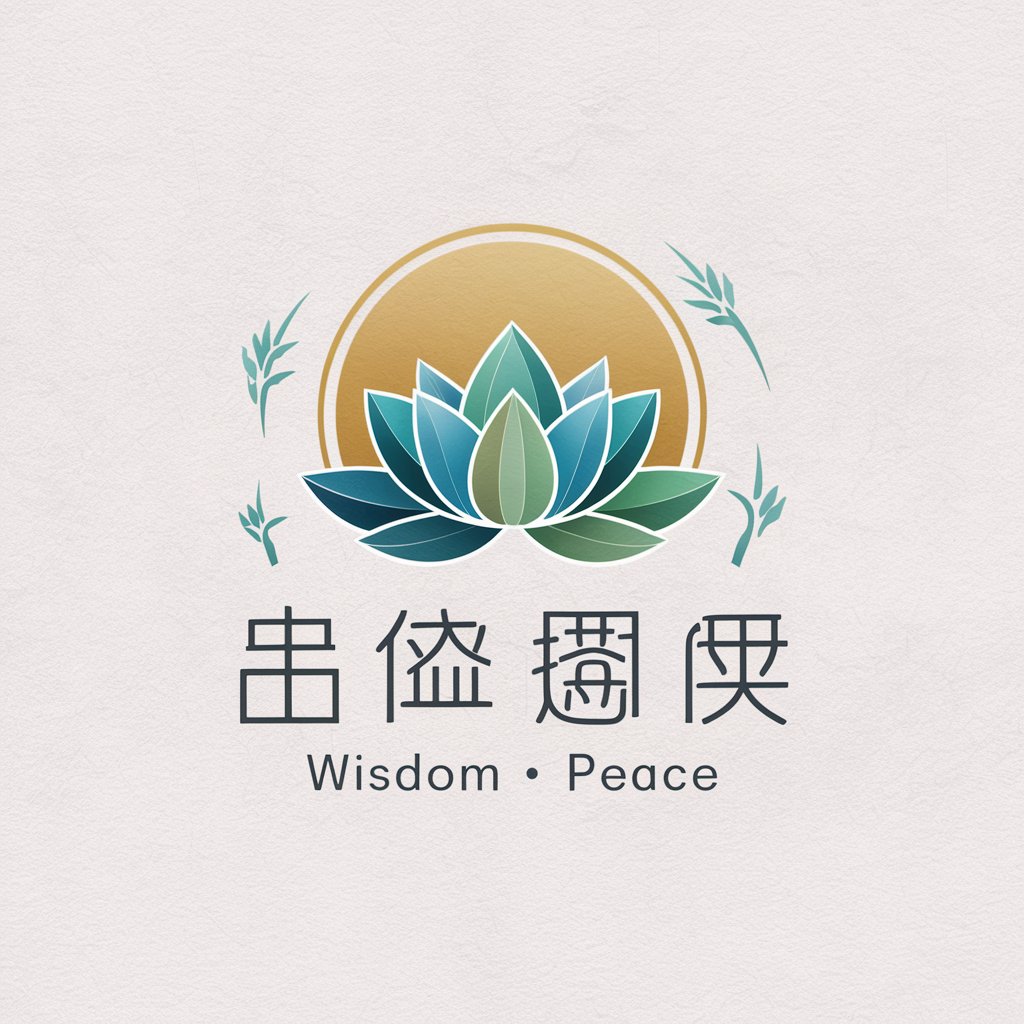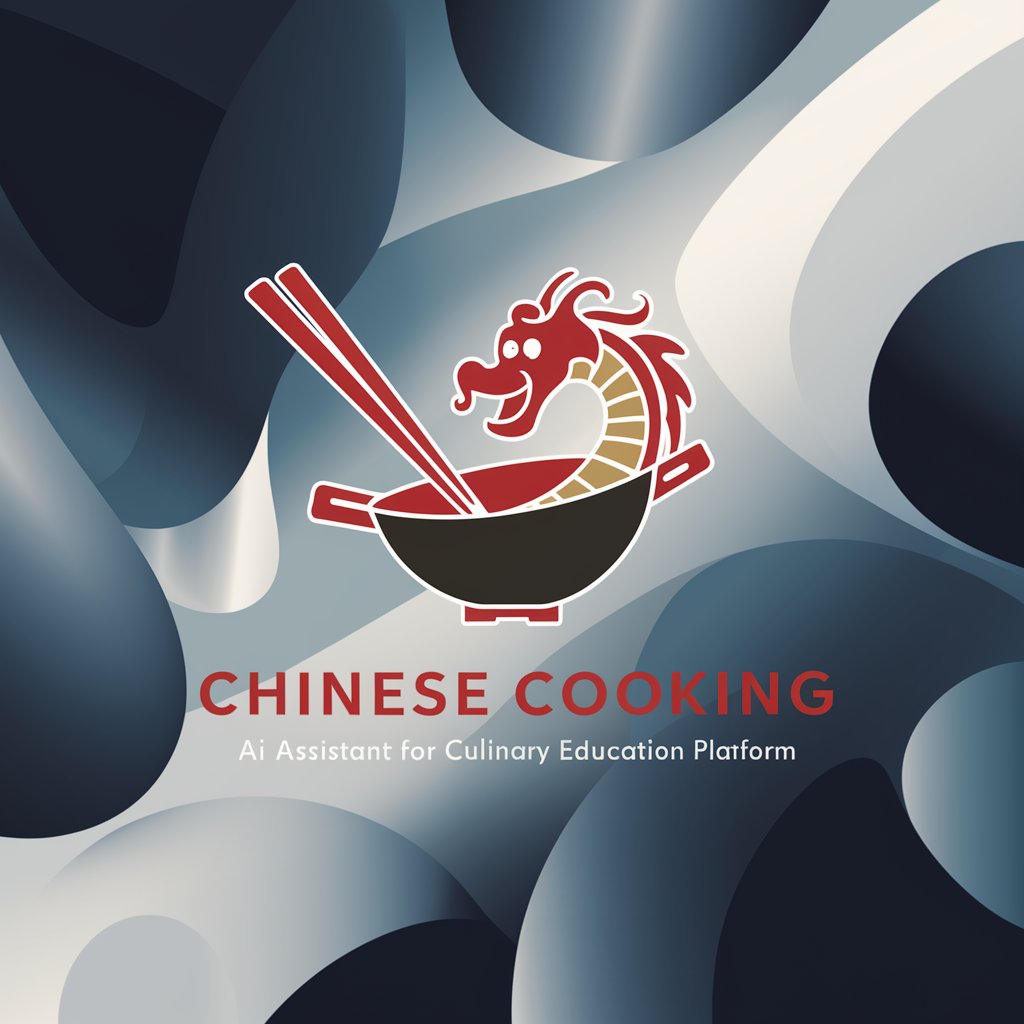
中国戏曲 - Chinese Opera Insights
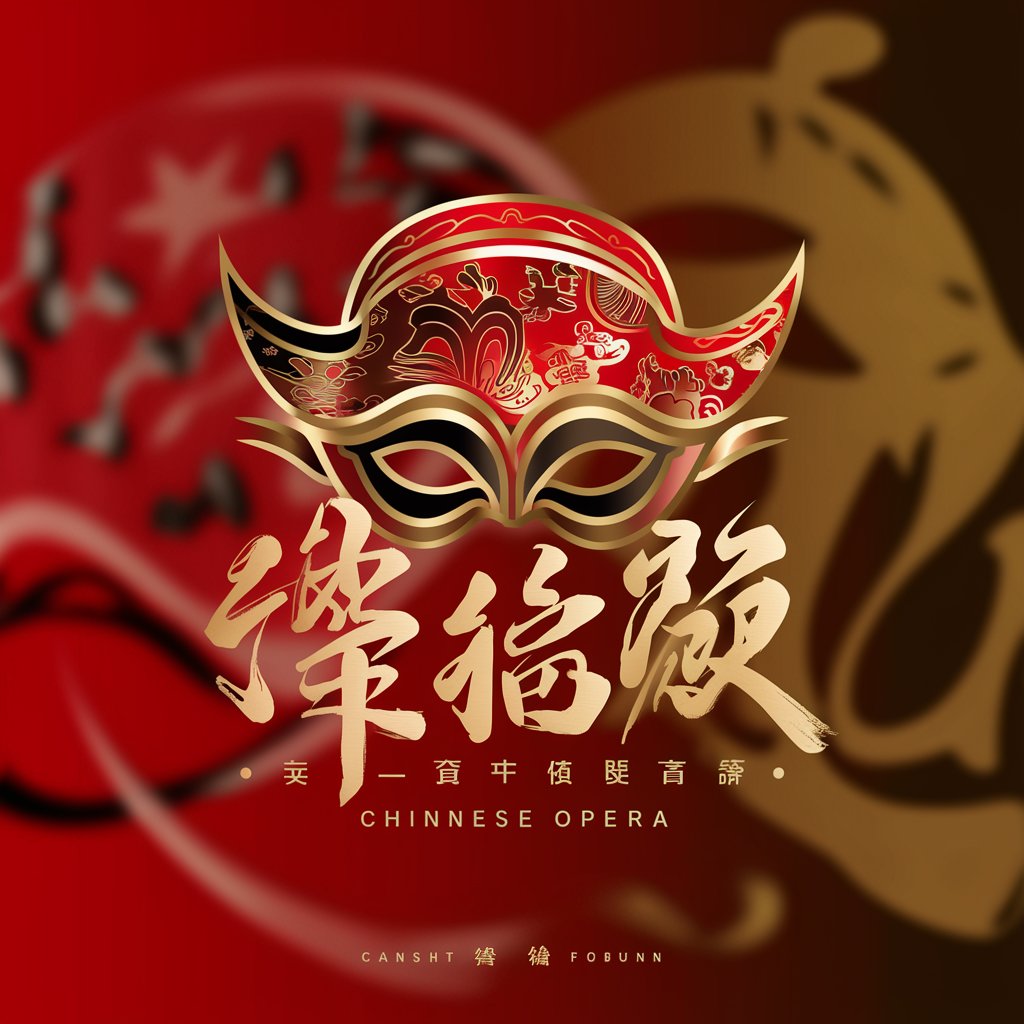
Welcome! Let's explore the enchanting world of Chinese opera together.
Explore the art of Chinese opera with AI
Can you explain the different styles of singing in Peking Opera?
What are the key characteristics of Yue Opera performances?
How does Huangmei Opera differ from other Chinese opera forms?
What is the significance of costume and makeup in Chinese opera?
Get Embed Code
Introduction to 中国戏曲 (Chinese Opera GPT)
中国戏曲, or Chinese Opera GPT, is designed as a specialized conversational AI focused on the rich and diverse world of Chinese opera. Its core purpose is to offer insights, explanations, and detailed information about the various forms of Chinese opera, including their historical development, artistic features, and cultural significance. This GPT is equipped to discuss major genres like Peking Opera, Yue Opera, Huangmei Opera, and more, addressing aspects such as singing styles, acting techniques, acrobatic fighting, costumes, and makeup. It aims to educate and engage users by providing a comprehensive understanding of Chinese opera's artistic and historical value, illustrated through examples of notable performances, famous artists, and classic stories. Powered by ChatGPT-4o。

Main Functions of 中国戏曲
Educational Insights
Example
Explaining the significance of facial makeup in Peking Opera and how it helps to portray character traits and emotions.
Scenario
A theater student researching traditional performance arts.
Cultural Exploration
Example
Describing the narrative and musical elements of a classic Yue Opera piece to highlight its role in Chinese culture.
Scenario
A cultural enthusiast looking to deepen their understanding of Chinese heritage.
Historical Context
Example
Providing the historical background and evolution of Huangmei Opera within the context of Chinese opera.
Scenario
A historian preparing a lecture on the development of performing arts in Asia.
Ideal Users of 中国戏曲 Services
Students and Academics
Individuals in educational or academic settings, including students studying performing arts, musicology, or Asian studies, and academics researching or teaching these subjects. They benefit from detailed, scholarly information on Chinese opera.
Cultural Enthusiasts
People with a keen interest in Chinese culture, history, and the arts. They seek to broaden their knowledge and appreciation of traditional Chinese performing arts through engaging and informative content.
Performing Artists
Practitioners of performing arts, particularly those specializing in or looking to explore traditional Chinese opera. They use the service to gain insights into performance techniques, stories, and the cultural significance of various opera forms.

How to Use 中国戏曲
Step 1
Start by visiting a platform offering free access to a variety of AI tools without the necessity for login or subscription, such as yeschat.ai, to explore Chinese opera insights.
Step 2
Identify your specific interest or question related to Chinese opera, such as historical background, specific opera genres, or cultural significance.
Step 3
Utilize the search or query input feature to ask your detailed questions about Chinese opera, ensuring clarity and specificity to receive the most accurate information.
Step 4
Review the generated responses for comprehensive insights, historical context, and detailed explanations of various aspects of Chinese opera.
Step 5
For further exploration, use follow-up questions or related queries to deepen your understanding of specific genres, performances, or cultural elements of Chinese opera.
Try other advanced and practical GPTs
中国园林
Reviving Chinese Gardens with AI
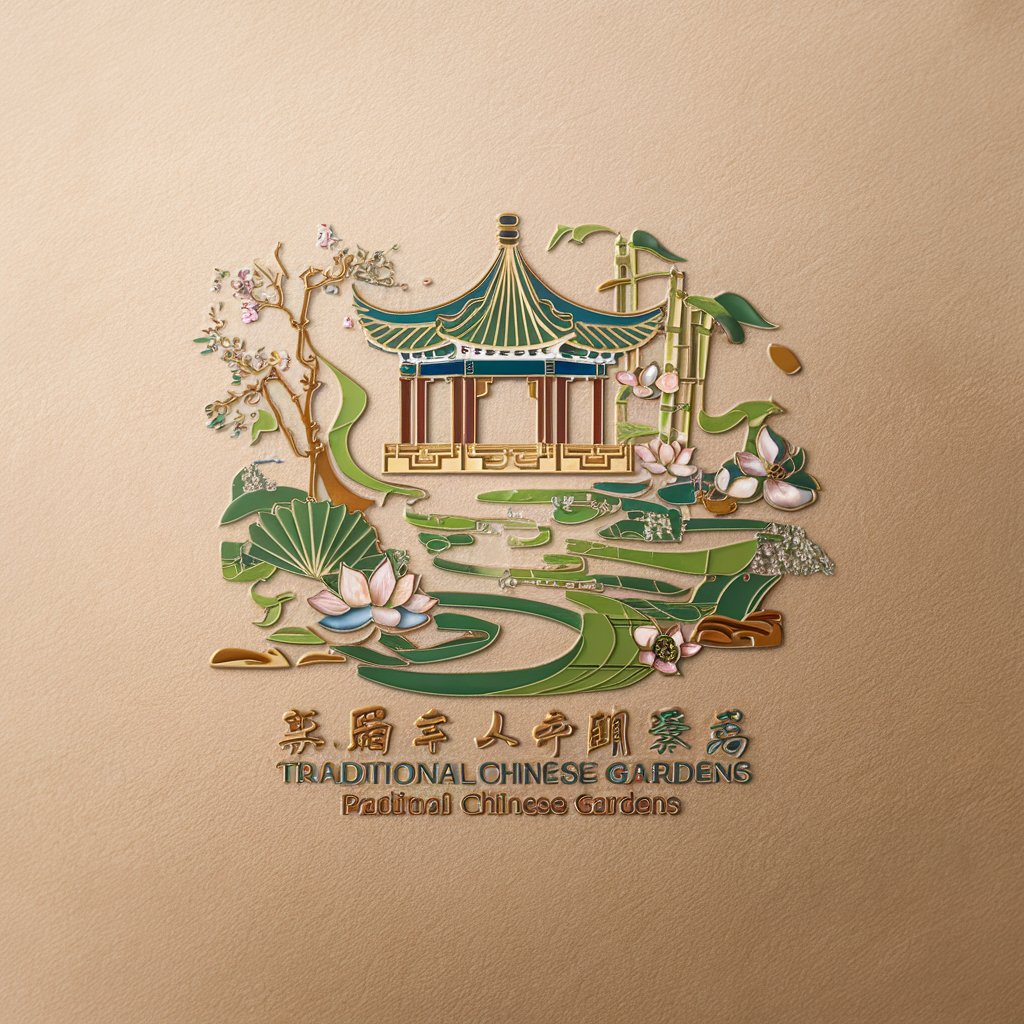
书法大师
Empowering Calligraphy with AI
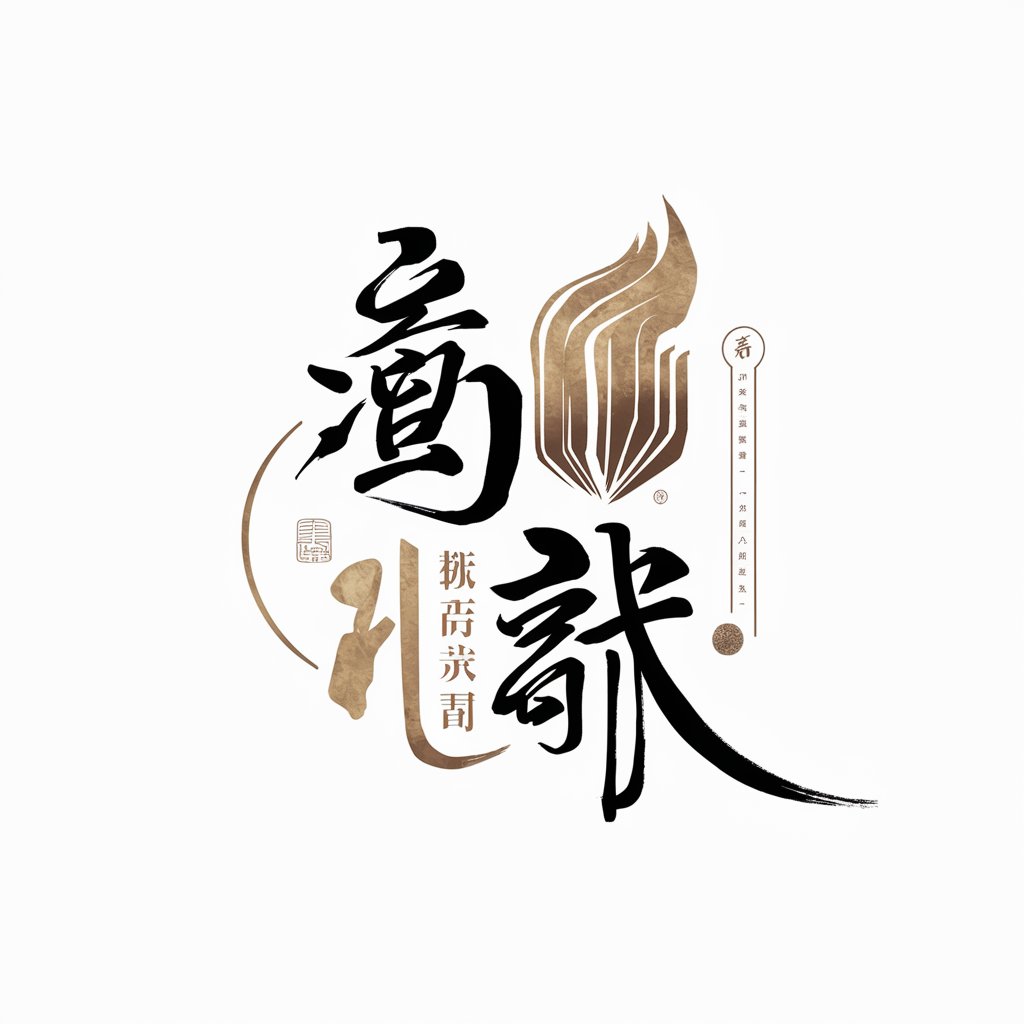
茶禅智悟
Exploring Tea and Zen with AI
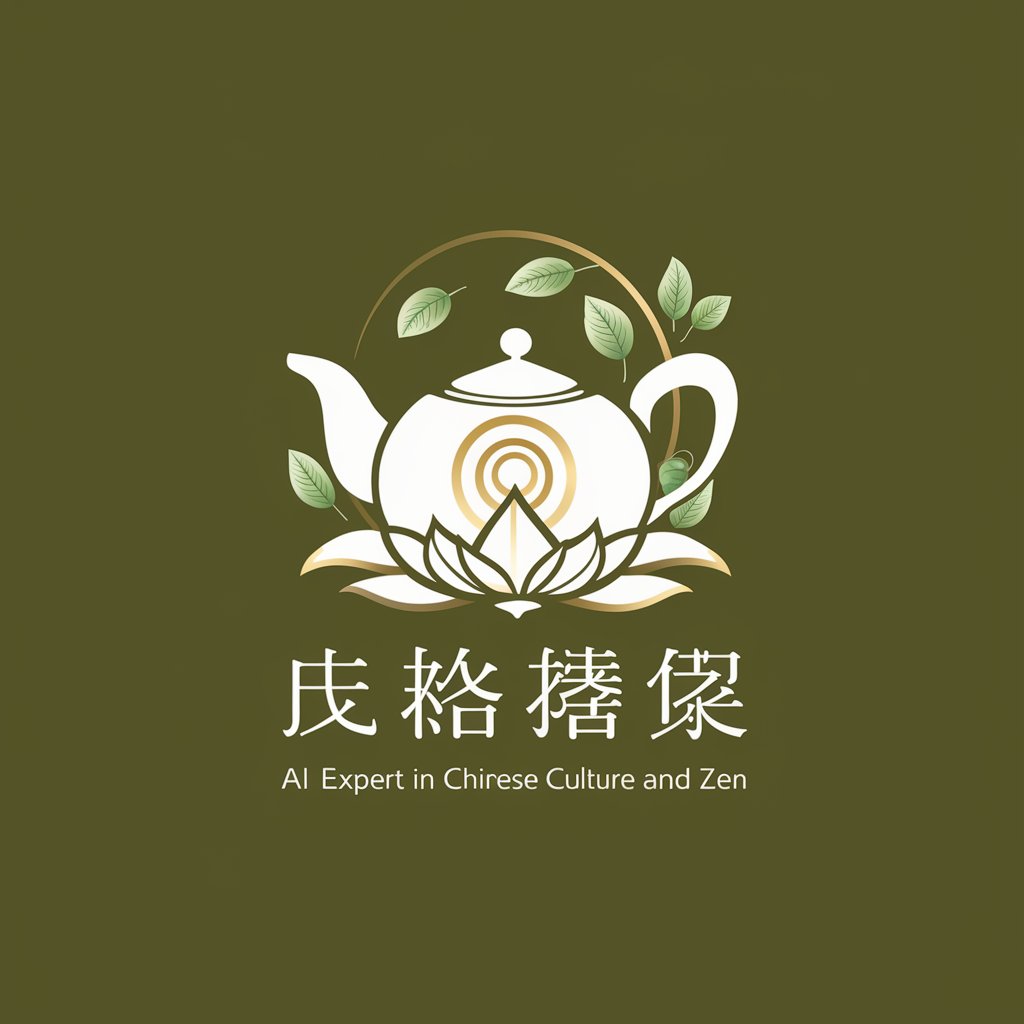
富爸爸
Smart Wealth Building with AI

周易
AI-Powered I Ching Wisdom at Your Fingertips
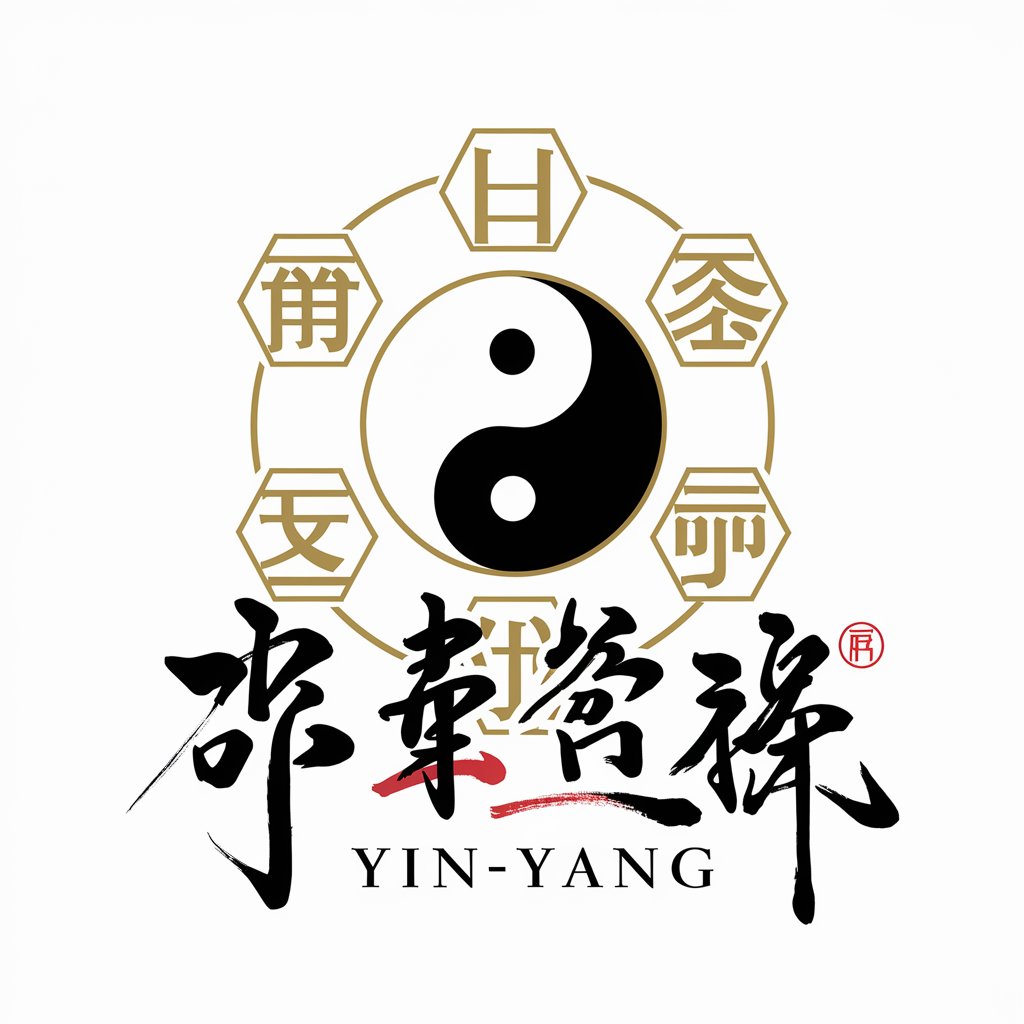
孙子兵法大师
Harness Ancient Wisdom with AI Power
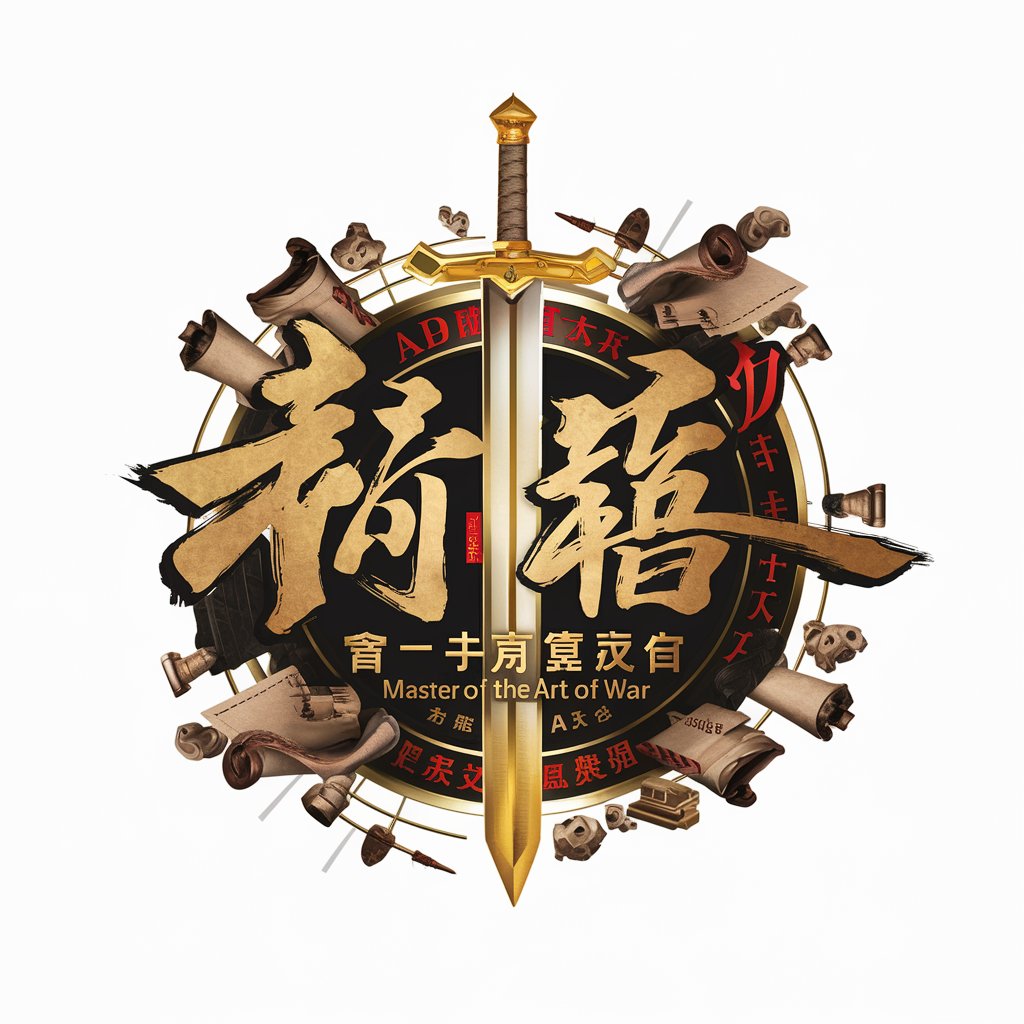
中国美食
Unlock the Secrets of Chinese Cuisine with AI
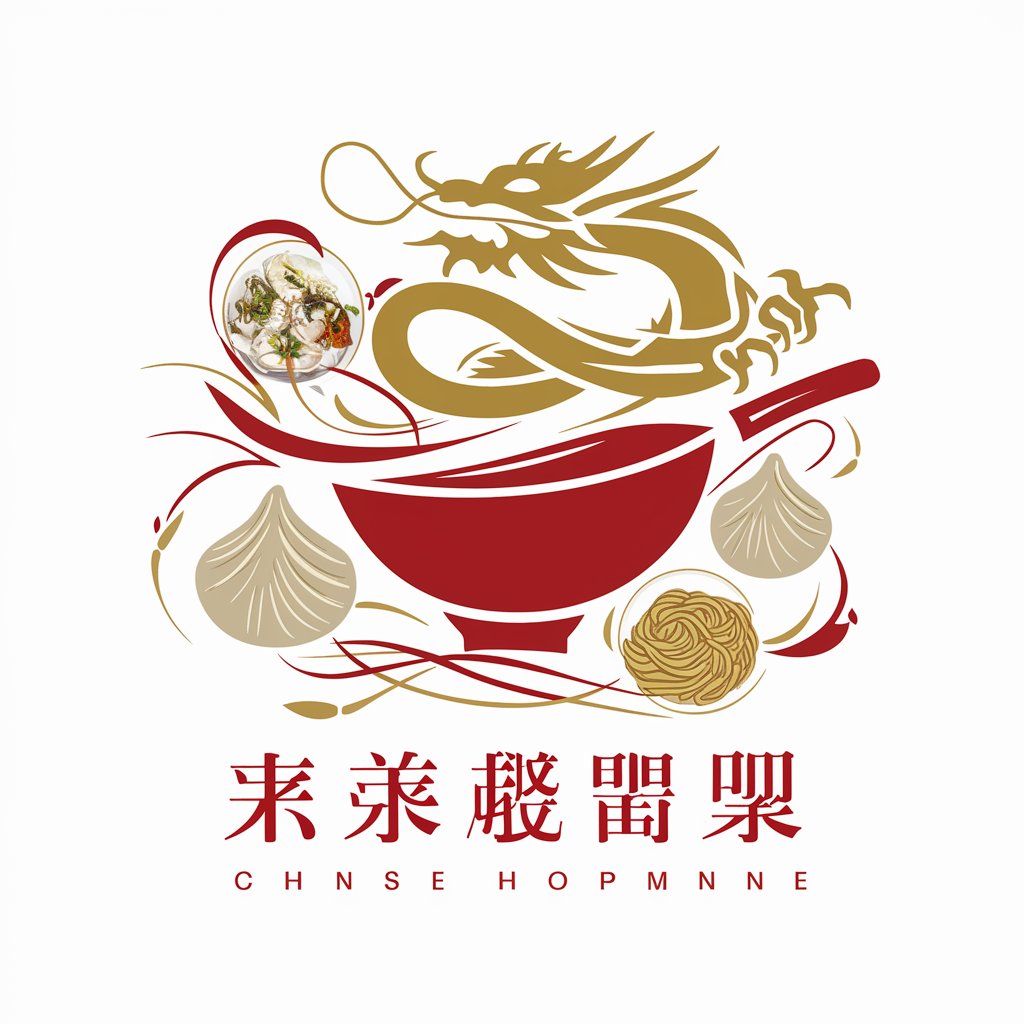
风水大师
Harmonize Spaces with AI Wisdom
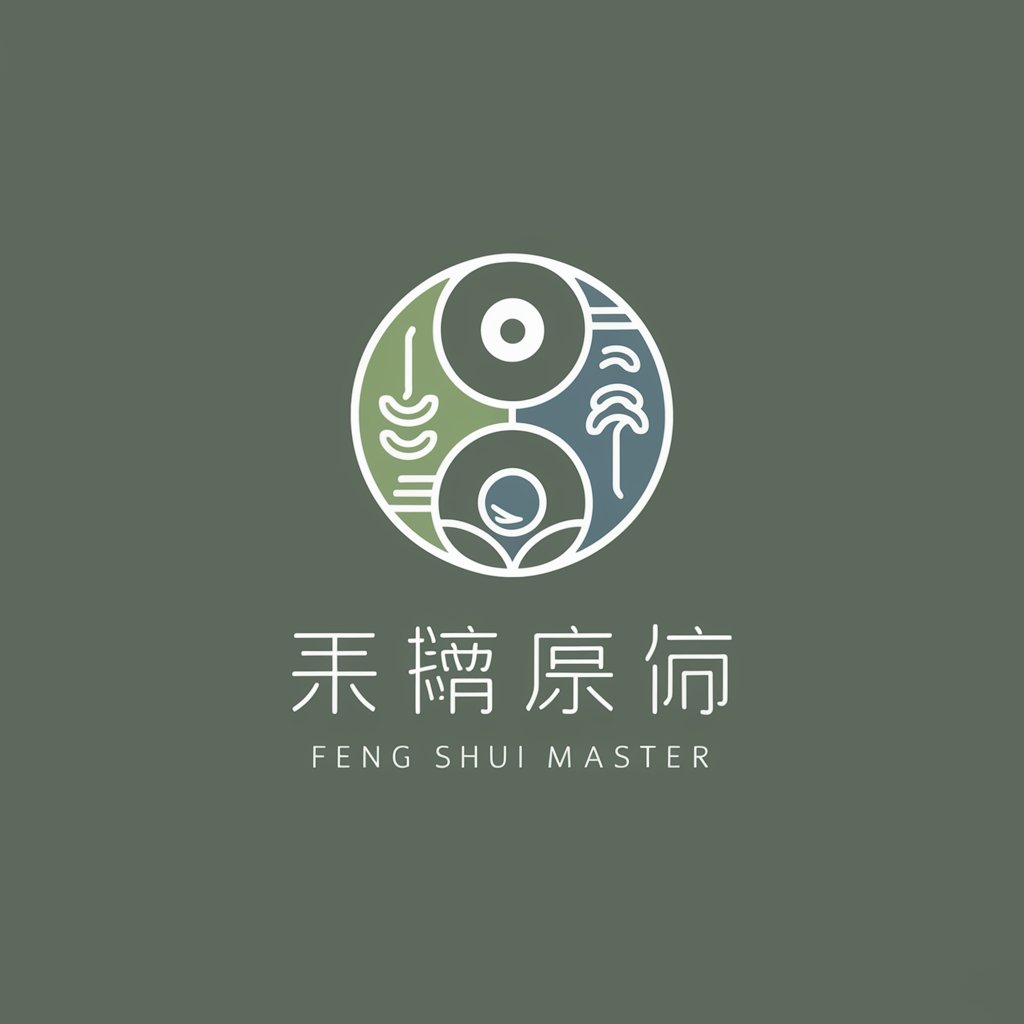
格雷厄姆
Your AI-Powered Financial Analysis Expert

What City?
Discover Cities Through Famous Buildings
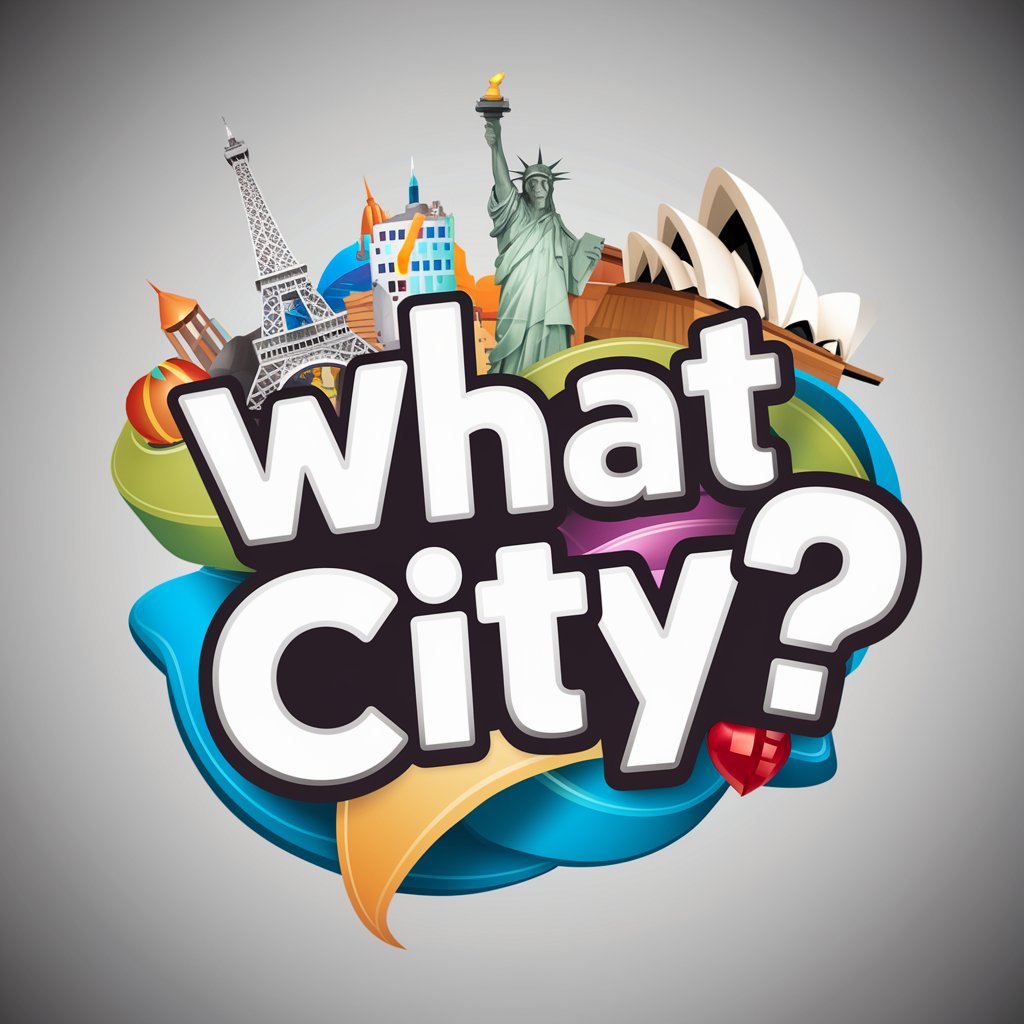
Video Summarizer
Transforming Video Content into Insightful Summaries

PIXEL ART BOT
Bringing Images to Life with AI-Powered Pixel Art

Detailed Q&A about 中国戏曲
What are the main genres of Chinese opera?
The main genres of Chinese opera include Peking Opera, known for its elaborate costumes and makeup; Kunqu, celebrated for its lyrical musicality; Yue Opera, distinguished by its all-female casts and romantic themes; Huangmei Opera, noted for its simple and rustic charm; and Sichuan Opera, famous for face-changing techniques.
How does costume and makeup vary across different Chinese opera genres?
Costume and makeup in Chinese opera are genre-specific, with Peking Opera featuring the most intricate and symbolic designs. Kunqu costumes are elegant and refined, reflecting the opera's sophistication. Yue Opera costumes adapt to modern aesthetics while maintaining traditional elements. Huangmei Opera costumes are simpler, mirroring the folk origins of the genre. Sichuan Opera makeup is known for its vividness and the unique face-changing technique.
What is the significance of facial makeup in Peking Opera?
Facial makeup in Peking Opera is highly symbolic, with colors and patterns representing characters' personalities, virtues, and social roles. Red signifies loyalty and bravery, white denotes treachery and cunning, and black represents integrity and forthrightness. This intricate system allows audiences to understand a character's traits and intentions at a glance.
How do singing styles differ among Chinese opera genres?
Singing styles in Chinese opera vary widely, reflecting each genre's unique aesthetic and regional culture. Peking Opera emphasizes a high-pitched, forceful delivery that showcases the performer's vocal skill. Kunqu is known for its smooth, flowing melodies and poetic lyrics. Yue Opera features a softer, more melodious style that highlights the emotional depth of the narrative. Huangmei Opera incorporates a natural, folksy singing style that is easy to understand and relate to.
What role do stories play in Chinese opera?
Stories in Chinese opera play a crucial role in conveying cultural values, historical narratives, and moral lessons. They often stem from Chinese literature, mythology, and historical events, serving not only as entertainment but also as a means of educating the audience about traditional Chinese virtues such as loyalty, filial piety, courage, and love. The rich storytelling aspect of Chinese opera makes it a vital cultural heritage, bridging past and present.
